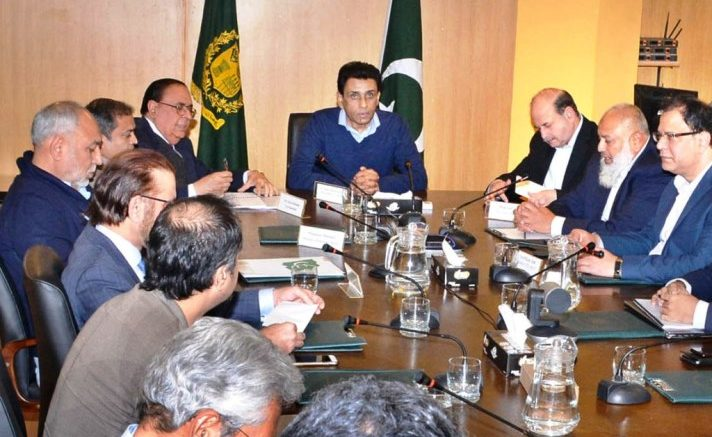The IT and Telecom sub-task force, which was formed back in November, presented a number of suggestions and findings in its second meeting. The three sub-task forces on IT, telecom and human resource development were formed to give a more insightful overview of their fields.
The meeting was chaired by Federal Minister for Information Technology and Telecommunication Dr. Khalid Maqbool Siddiqui. Other notable personalities present at the meeting were Dr. Atta-ur-Rehman and Federal Secretary Ministry of Information Technology and Telecommunication Maroof Afzal.
The subtask force on telecom observed that Pakistan has the highest telecom taxes in the world. It recommended removing the 12.5% advance income tax on internet services.
The subtask forces noted that 1000 union councils had access to fiber cable connectivity and that it wanted to add another 3100 union councils for a faster broadband connection.
In addition to the existing IT training, it also recommended developing digital content for all schools and colleges.
Subtask force on IT suggested opening up dedicated technology zones to boost Pakistan’s IT industry’s image and also to support IT-based SMEs. It said that technology zones would also contribute to Pakistan’s IT exports.
Dr. Atta-ur-Rehman recommended using existing infrastructure for these zones. He emphasized the importance of manufacturing products like phones and laptops locally. He also stressed at allocating the spectrum in the right way.
We need to realize that these are just the suggestions from the subtask forces. There is a possibility that the government might not implement the proposed policies or they might implement a different version of it. So it is possible that then rather removing the tax entirely, we might see a reduction in it. Let’s hope that the government does enact policies closer to the recommendations to make the internet more affordable and accessible in Pakistan.




 Careem launches rewards program in Pakistan
Careem launches rewards program in Pakistan